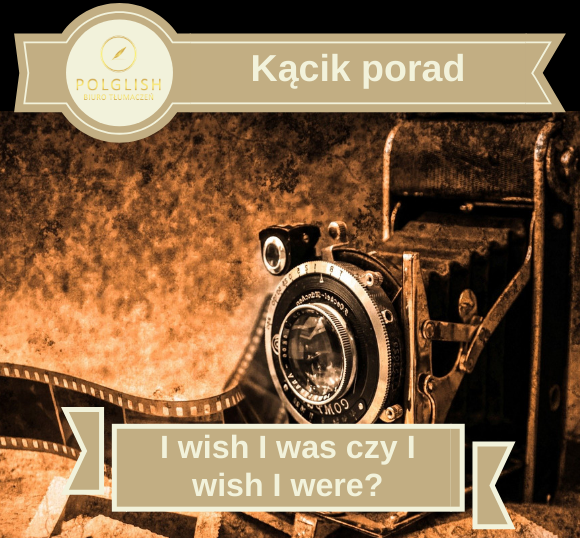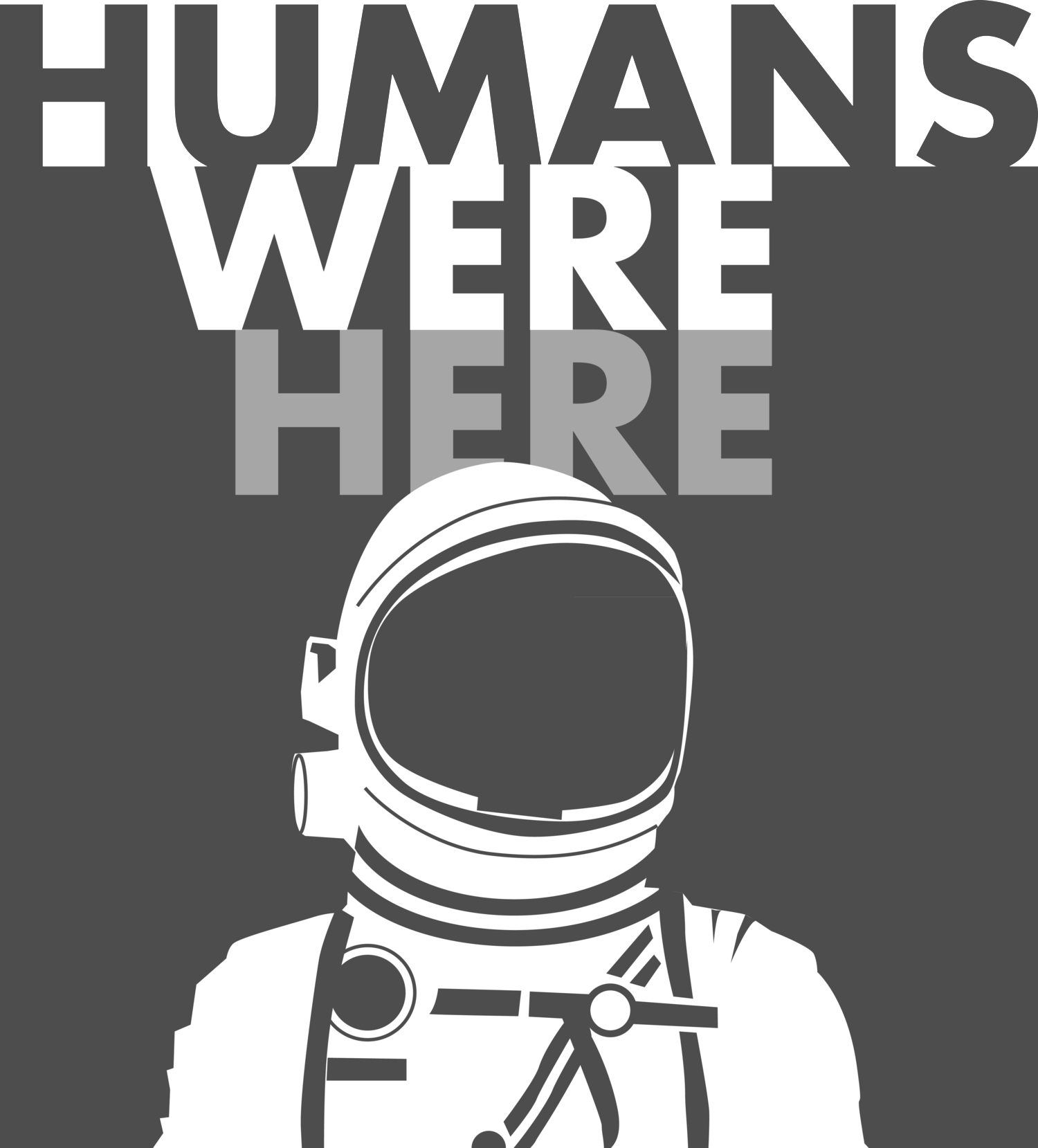
Czy... YouTube
Was, were, odmiana czasownika be - być, po angielsku w czasie przeszłym. Jak już zapewne wiesz, czasu przeszłego Past Simple używamy kiedy mówimy o czynnościach, które miały miejsce i zostały zakończone w pewnym określonym czasie w przeszłości. Być w czasie przeszłym w języku angielskim ma według odmiany dwie formy: was (I.

DID czy WERE ?Jak pytac o zakończone czynnosci, stany, miejsca?
Yes, "holidays was " is incorrect (although there are natives who would say it). "Holiday" en singular es " (día) festivo". "Holidays" en plural, en británico quiere decir "vacaciones" o "vacation". "Vacation" es la versión americana de "holidays". Fíjate en que el sustantivo es en singular, y por tanto el verbo también: my vacation was.

was were wasnt werent inglés Pinterest Idiomas, Gramática y
Do you know when to use "was" and when to use "were"? It seems simple until you start dreaming about all the possibilities. Learn their uses here!

When We Were One YouTube Music
According to Google Ngram Viewer, "family was" is used the most. This makes it clear that "family" is a singular unit, and we use "was" because it's a singular verb form that refers to "family" as one thing. While "was" is the best choice, that doesn't mean "were" is wrong. We can still see it works, according to the.

Was czy were? Czas Past Simple odmiana ELLA
1. Both are correct. "It was" refers to the team being split into two groups, whereas "they were" refers to its members being split into two groups. I think your version is easier to parse, because the reader doesn't need to infer that "they" refers to the members of the team, whereas "it" obviously refers to the team. Share. Improve this answer.

WAS czy WERE? mega prosto w 4 MINUTY ) 🎸🤓 YouTube
Czytaj również: Could w czasach present simple & past simple. Przykłady zastosowania was & were w czasie przeszłym past continuous. Wszystkie angielskie czasy gramatyczne ze słowem continuous w nazwie kładą nacisk na samo działanie (nie zaś jego efekt) i zawierają czasownik w formie ciągłej (czyli tej z -ing na końcu).. Przykłady zdań w czasie przeszłym past continuous.
NHS 2 WAS czy WERE ? + famous people Trier par groupe
6. The only context where were is appropriate after I is when the sentence is in the subjunctive mood. For example: I wish I were young. I wish I were a boy. I wish I were a policeman. I wish I were a rich man. All the above sentences suggest you want to be something you are factually not. In other words, you are NOT young, a boy, a policeman.

Chcesz Czy Nie YouTube
Use were if the subject is plural. Remember this rule when trying to decide whether to use was, were, or some other form of the verb to be. For example: There was a dog on the road. (The subject is "dog," a singular noun.) There were three people trying to lure the dog away from the road. (The subject is "people," a plural noun.)

"I wish I was" czy "I wish I were?" Biuro tłumaczeń "Polglish
Tryb łączący, zwany subjunctive jest używany do opisu sytuacji i zdarzeń nierzeczywistych, które są możliwe, pożądane bądź wyobrażone.Tryb łączący, czyli sub.

Was czy were? Czas Past Simple odmiana ELLA
Was i were. Formę was użyjemy w przypadku, kiedy mamy do czynienia z podmiotem w liczbie pojedynczej: I (ja), you (ty) (!), he/she/it (on/ona/ono) (!) wyjaśnienie - druga osoba liczby pojedynczej - you - jest także drugą osobą liczby mnogiej. Dla tej osoby bardzo często również w liczbie pojedynczej zamiast was używa się were.

We Were YouTube Music
We use "was" as the past tense verb form. It only works with singular forms, which "everyone" represents because it's a collective noun. "Everyone were" has more specific rules. We can only use "everyone were" when we are talking about our wishes or expressing potential things in the future. It's common for words like "if.
NHS 2 WAS czy WERE ? + famous people Group sort
When using be in an if clause for an unreal conditional sentence, always conjugate it as were, no matter what the subject is. Even if the subject is first-person singular (I) or third-person singular (he, she, or it), still use were with an if clause in unreal conditional sentences. If I were a rich man, I'd buy a big, tall house with rooms.
Speakout elementary WAS czy WERE? Missing word
Czas przeszły od czasownika BE (was,were).Nie ma co komplikować odmianą przez osoby, bo i tak niewielu to pamięta 🙂 A nie każdy ma głowę do reguł gramatycz.

Stream where were you 🔍 ft.cesna ミshishy,garasu彡 by gfbs01
Po tym materiale przekonasz się od czego zacząć pytania w Past Simple i jak rozróżnić was, were od did w pytaniach. Zasada jest prosta. Działa w większości p.

Czy historia nauczy czegoś Polaków? BanBye
Oct 18, 2008. #2. Everybody is a compound of "every" and "body." If you think of it that way, and substitute some other noun for "body" it will be clear which is correct. Compare these: Every dog has his day. Every dog have his day. Every man is happy. Every man are happy.

Milly Cassette — Humans Were Here
http://www.engvid.com When to use WAS and when to use WERE. Learn about the past tense of TO BE -- the most important verb in English! I talk about normal se.